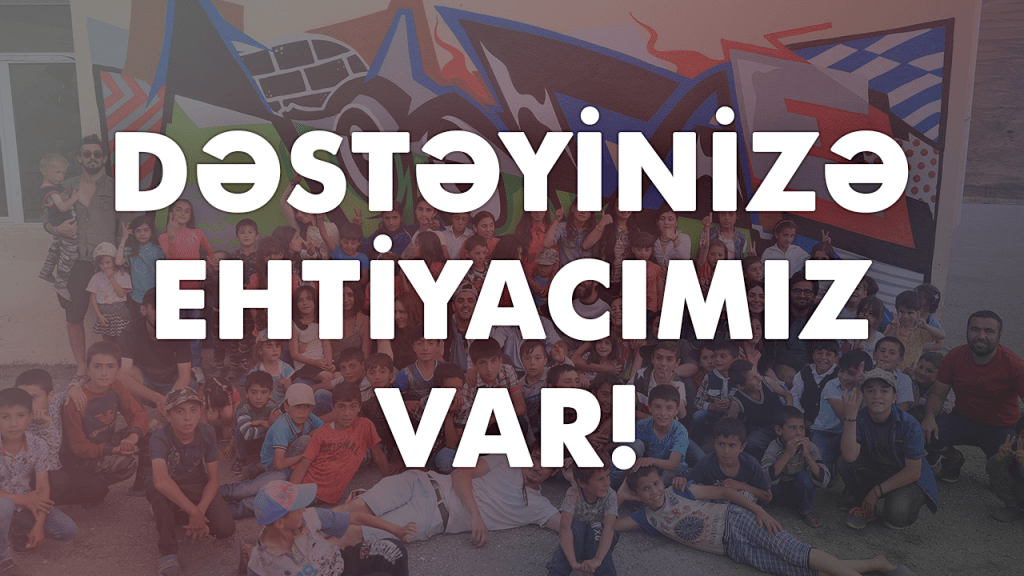Zeyqem Azizov

London-based artist Zeigam Azizov was born in the Azerbaijan SSR and pursued his education abroad in the United Kingdom and France before finishing his PhD focusing on philosophy and art at Klagenfurt University in Austria. As a creative practitioner who sees art and philosophy as intertwined, Zeigam’s works all have deep conceptual theses that explore his ideas across various media including film, photography, and installation. His work – both written and visual – has been celebrated internationally as well as in Azerbaijan. In Baku, he is a frequent contributor to exhibitions, recently having been included in ‘Disappearance’ at the Abilov Cultural Center in 2018, at ARTIM in 2016 and at Yarat Contemporary Art Space in 2015. Zeigam’s work has been shown in the United Kingdom, Scotland, Austria, the United Arab Emirates, Italy, Denmark, Georgia, the Netherlands, Switzerland, Japan, Germany, India, Turkey, France and Slovenia. He has also featured in multiple editions of the prestigious Venice Biennale; in 2003 Zeigam was part of the Utopia Station project at the 50th Biennale, and his artwork was shown in Azerbaijan’s national pavilion in 2011 and 2019. In addition to his art practice, he is a contributing editor to Moscow Art magazine and maintains a robust academic presence in both his writings and presentations at conferences around the world. As an educator, he has lectured about Visual Art at Aberdeen University in Scotland, and in Fine Arts Practice at Central Saint Martins and Goldsmiths University of London, both in London, United Kingdom. He is a long-time collaborator with famed cultural theorist Stuart Hall. His varied practice of art-making and critique also includes curation, for which he was recognized by famous Swiss curator Hans Ulrich Obrist in his 2014 book ‘Ways of Curating.’
The main body of Zeigam’s work is a critique of post-capitalist life, specifically exploring migration and the experience of time as the structure of reality. Within this framework, he interrogates conceptions of knowledge through the lens of visual information and imagery, and examines how they are experienced, manipulated, perceived and controlled. In his most recent work for the 58th Venice Biennale, entitled ‘Headlines,’ he takes on the topic of fake news and media manipulation as a way to control collective opinion and action. Using lines of text that appear as quotations or poetry over images, the installation considers how images can have multiple meanings depending on the context. Within the work, Zeigam highlights how the combination of words and imagery shapes reality, both within human society and an individual’s own consciousness – whether it is accurate or not. In a time of increasing concern over the role of media and the proliferation of images due to multiplying forms of visual entertainment and social platforms, Zeigam’s work is an astute analysis of the state of the world today.














